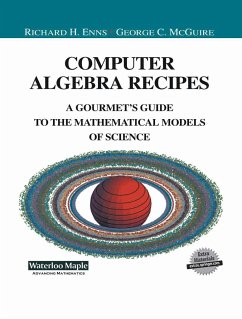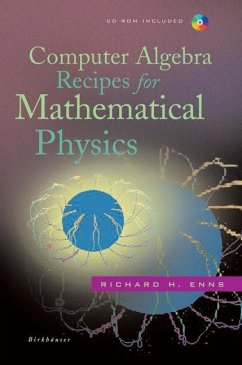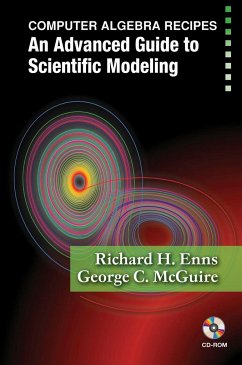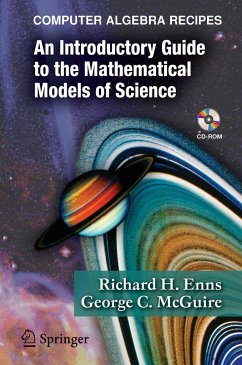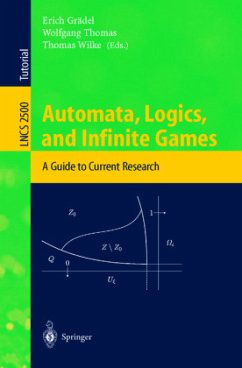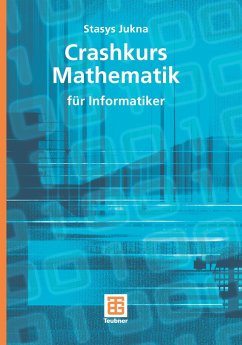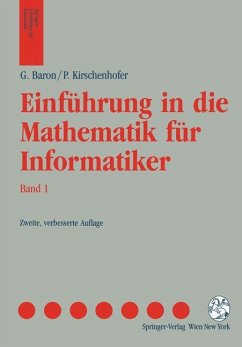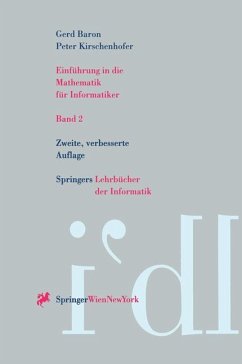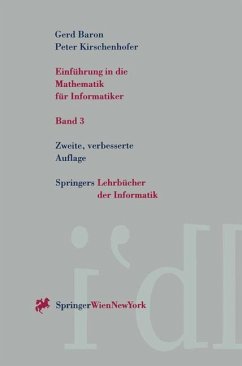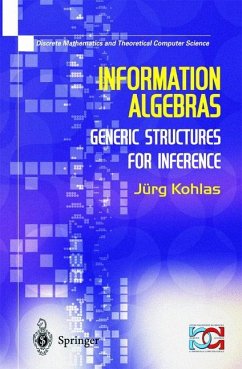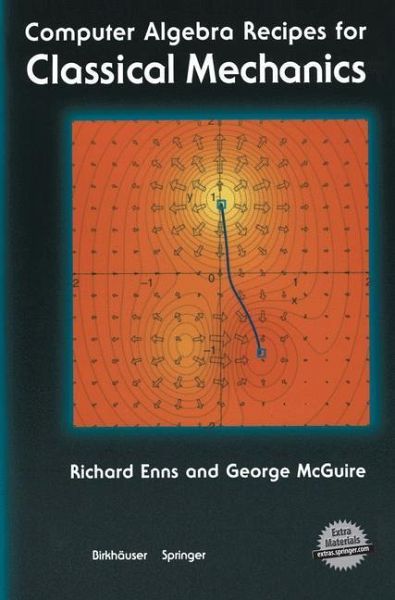
Computer Algebra Recipes for Classical Mechanics

PAYBACK Punkte
20 °P sammeln!
This book is a status report. It provides a broad overview of the most recent developments in the field, spanning a wide range of topical areas in simulational condensed matter physics. These areas include recent developments in simulations of classical statistical mechanics models, electronic structure calculations, quantum simulations, and simulations of polymers. Both new physical results and novel simulational and data analysis methods are presented. Some of the highlights of this volume include detailed accounts of recent theoretical developments in electronic structure calculations, novel quantum simulation techniques and their applications to strongly interacting lattice fermion models, and a wide variety of applications of existing methods as well as novel methods in the simulation of classical statistical mechanics models, including spin glasses and polymers.
Hundreds of novel and innovative computer algebra "recipes" will enable readers starting at the second year undergraduate level to easily and rapidly solve and explore most problems they encounter in their classical mechanics studies. Using the powerful computer algebra system MAPLE (Release 8) - no prior knowledge of MAPLE is presumed - the relevant command structures are explained on a need-to-know basis as the recipes are developed. This new problem-solving guide can serve in the classroom or for self-study, for reference, or as a text for an on-line course.



